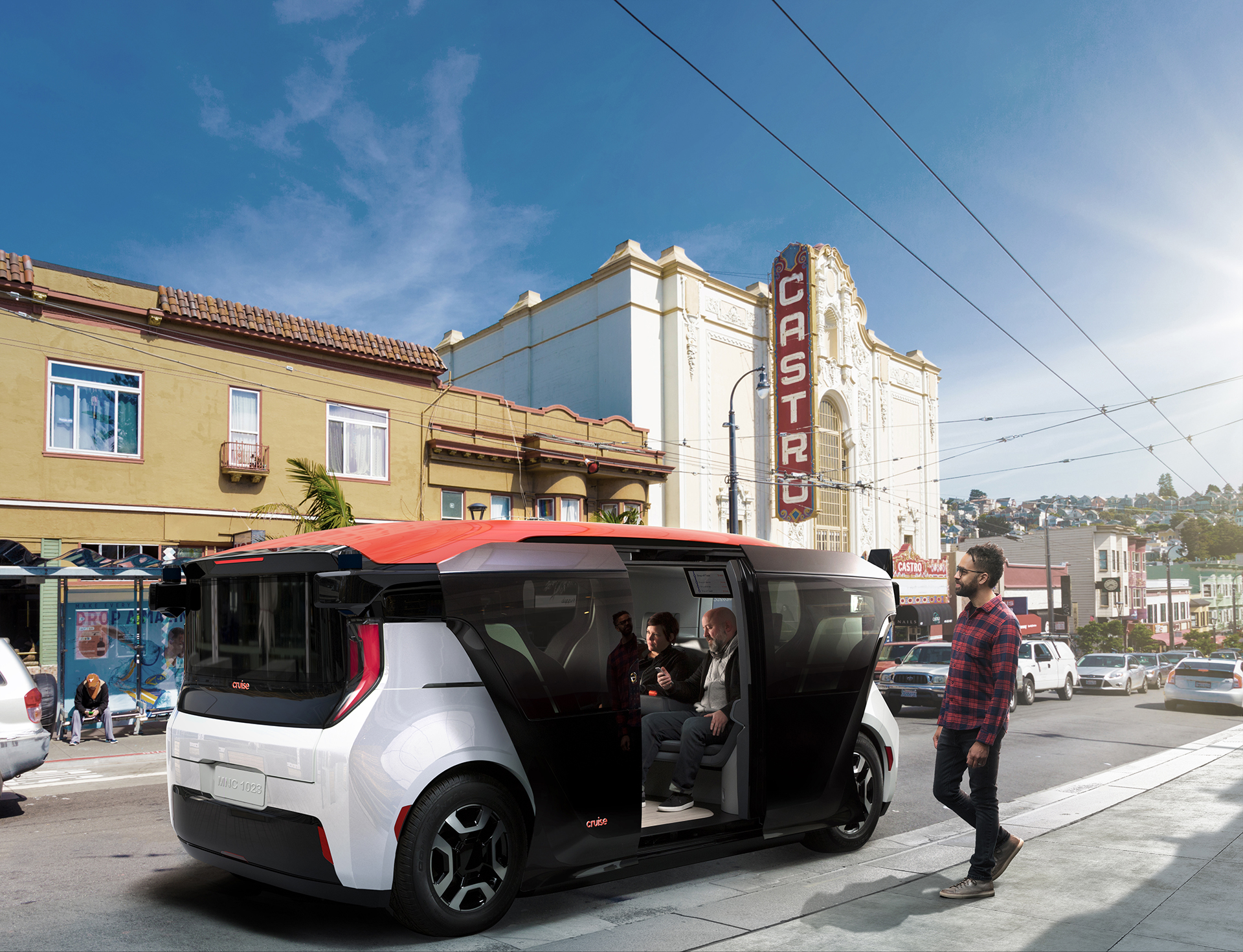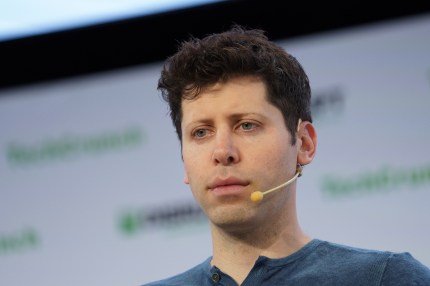GM’s self-driving car subsidiary Cruise is scrapping plans to build the Origin — a purpose-built robotaxi with no steering wheel or pedals — and will instead use the next-generation Chevrolet Bolt in its operations.
GM Chair and CEO Mary Barra told shareholders Tuesday the decision will “simplify their path to scale” and addresses the regulatory uncertainty faced with the Origin robotaxi because of its unique design. The per-unit costs will also be much lower, which will help Cruise optimize its resources, Barra said in the shareholder letter released alongside the company’s second-quarter earnings.
GM reported a financial charge of $583 million in the second quarter that is tied to the non-cash write-off of Origin assets and other restructuring costs. The Cruise subsidiary had an operating loss of $1.14 billion in the second quarter that included a $605 million impairment charge.
While the Barra comments appear to hedge whether the Origin will return, the vehicle that GM once projected would number “in the tens of thousands” is effectively dead. The decision also gives the next-generation Chevrolet Bolt another purpose. GM expects to begin production of the all-electric Chevrolet Bolt in 2025. A GM spokesperson declined to share when the autonomous version of the new Chevy Bolt would be on public roads.
“GM and Cruise are optimizing resources to focus development of our next autonomous vehicle on the next generation Bolt instead of the Origin,” a GM spokesperson wrote in an emailed statement. “This shift creates a more cost-effective and scalable option for pursuing an autonomous future faster, while avoiding the uncertain path to regulatory compliance in the U.S. that could impede scaling of the Origin. The Origin does not include a steering wheel and brake pedals and uses campfire seating, a design that is currently not permitted.”
Cruise co-founder Kyle Vogt, who was CEO until resigning in December, was critical of the decision.
“Disappointed to see GM kill the Origin,” Vogt posted on social media network X. “Would have been amazing for cities. GM repeatedly finds themselves with a 5-10 year head start, but then fumbles the ball, shuts things down, and loses the lead. Anyone remember the EV1? It’s like someone keeps letting them look into a crystal ball and then they just go, “nah, we’re good”
The Origin — once the symbol of Cruise’s commercial future and a potential profit center for GM — has been on shaky ground since November 2023 when the company paused production of the purpose-built robotaxi after losing its permits to operate in California and voluntarily halting operations in other states. The California Department of Motor Vehicles, the agency that regulates autonomous vehicles in the state, suspended Cruise’s deployment and driverless testing permits in October after an incident in which a Cruise robotaxi dragged a pedestrian, who had initially been hit by a human-driven car.
Within two months of the incident, Vogt had resigned, about 24% of its workforce was laid off, and GM asserted more control over the embattled company. Since then, Cruise has hired Marc Whitten as its new CEO, created a chief safety officer position and slowly restarted testing in Dallas, Houston and Phoenix. Cruise, a San Francisco-based startup acquired by GM in 2016, has not received approval from California regulators to relaunch operations there.
Cruise unveiled the Origin in January 2020. It was the product of a multi-year collaboration with parent company GM and investor Honda that was designed for a ridesharing service. Cruise, and the nascent autonomous vehicle industry, was in a rosier, more ambitious place back then. The industry was beginning to consolidate and aggressive timelines for commercial driverless operations had slipped. But automakers and tech companies were still investing hundreds of millions of dollars into the effort.
The effort to commercialize autonomous vehicle technology, and specifically robotaxis, has proven to be far costlier and time-consuming than many companies expected. Even after eliminating jobs and slashing costs, Cruise is still losing hundreds of millions of dollars every quarter.
This article originally published at 3:30 a.m. PT and has been updated to include Kyle Vogt’s comments.






























Comment